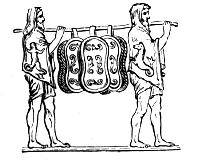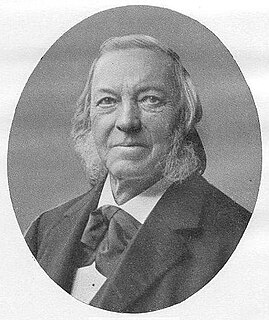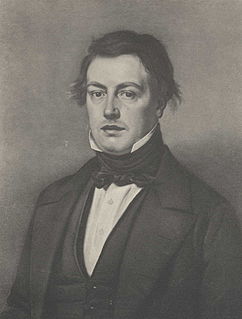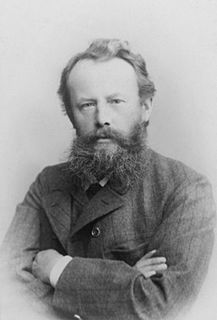
Theodor Heinrich Gottfried Keil (25 May 1822, Gressow near Wismar – 27 August 1894, Friedrichroda) was a German classical philologist. He was a son-in-law to educator Friedrich August Eckstein (1810–1885). [1]

Wismar is a port and Hanseatic city in Northern Germany on the Baltic Sea, in the state of Mecklenburg-Vorpommern. It is located about 45 kilometres east of Lübeck and 30 kilometres north of Schwerin, and is part of the Hamburg Metropolitan Region. Its natural harbour, located in the Bay of Wismar, is protected by a promontory. The population was 42,219 in 2013. It is the capital of the district of Nordwestmecklenburg.
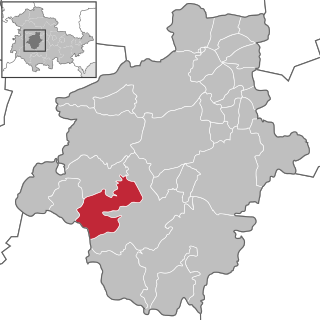
Friedrichroda is a town in the district of Gotha, Thuringia, Germany. It is situated at the north foot of the Thuringian Forest, 21 km by rail southwest of the town of Gotha. It is surrounded by fir-clad hills and possesses numerous handsome villa residences, a Kurhaus and a sanatorium. In the immediate neighborhood is the beautiful ducal hunting seat of Reinhardsbrunn, built out of the ruins of the famous Benedictine monastery founded in 1085. On 1 December 2007, the former municipalities Ernstroda and Finsterbergen were incorporated by Friedrichroda.
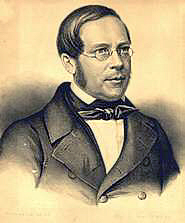
Friedrich August Eckstein was a German classical philologist and educator born in Halle an der Saale.
Contents
He studied classical philology at the Universities of Göttingen and Bonn, receiving his doctorate in 1843 with a textual critique on the Roman poet Propertius. From 1844 to 1846 he conducted manuscript studies at libraries in Italy. After his return to Germany, he became an instructor at the Francke Foundation Pädagogium in Halle an der Saale. [2]

The University of Göttingen is a public research university in the city of Göttingen, Germany. Founded in 1734 by George II, King of Great Britain and Elector of Hanover, and starting classes in 1737, the Georgia Augusta was conceived to promote the ideals of the Enlightenment. It is the oldest university in the state of Lower Saxony and the largest in student enrollment, which stands at around 31,500.

The University of Bonn is a public research university located in Bonn, Germany. It was founded in its present form as the Rhein University on 18 October 1818 by Frederick William III, as the linear successor of the Kurkölnische Akademie Bonn which was founded in 1777. The University of Bonn offers a large number of undergraduate and graduate programs in a range of subjects and has 544 professors and 32,500 students. Its library holds more than five million volumes.
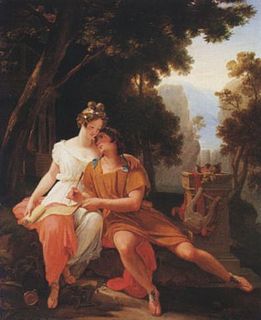
Sextus Propertius was a Latin elegiac poet of the Augustan age. He was born around 50–45 BC in Assisium and died shortly after 15 BC.
In 1859 he was named successor to Carl Friedrich Nagelsbach as chair of classical philology at the University of Erlangen. In 1869 he became a full professor of classical philology at the University of Halle as a successor to Theodor Bergk. [2]

Theodor Bergk was a German philologist, an authority on classical Greek poetry.


